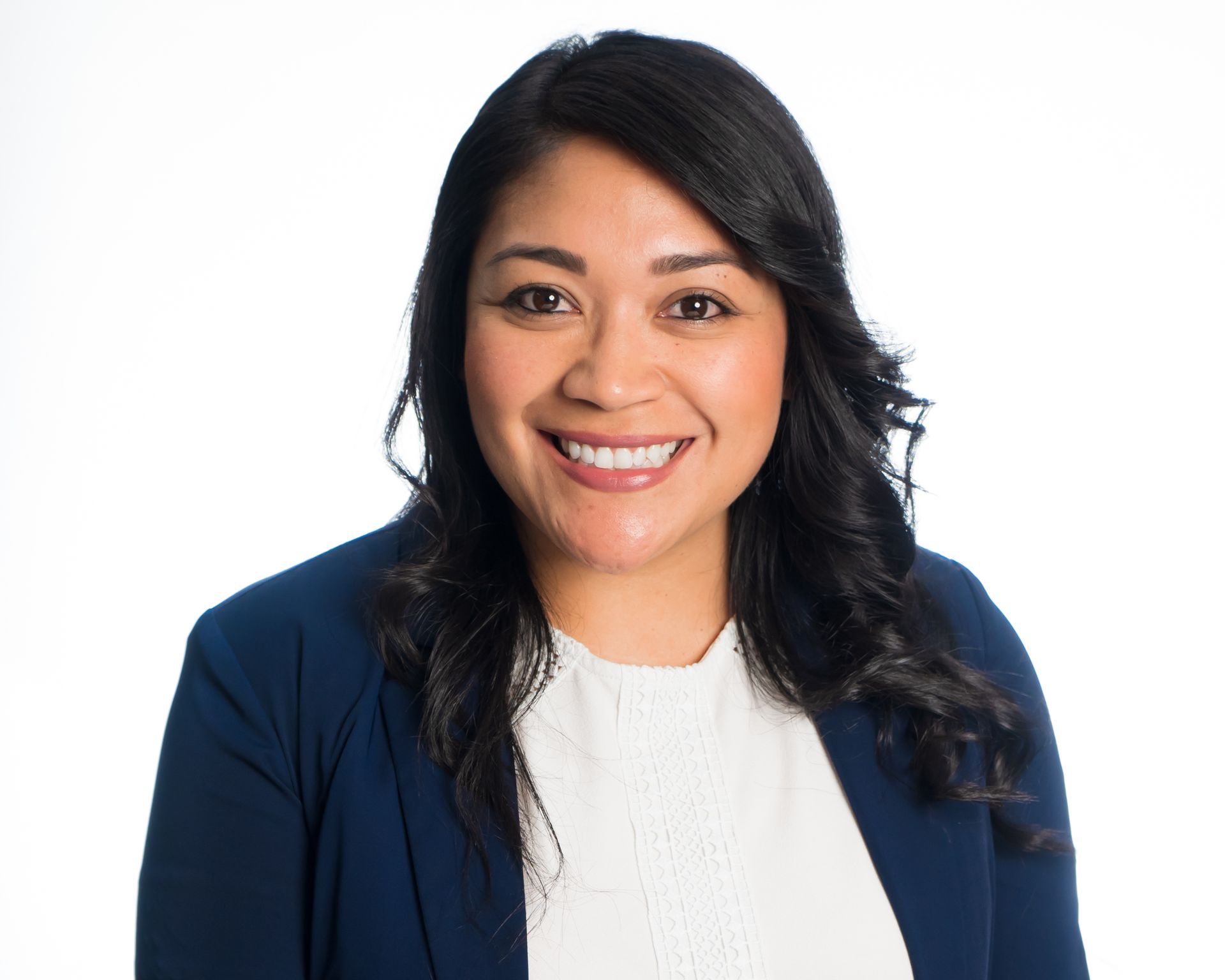Grief Counseling in Irvine, CA & Nearby Areas | CASA Therapy
Grief can show up in many ways. Sometimes it feels like quiet sadness, and other times it can feel like an earthquake, shaking your body, your relationships, and your sense of who you are. For folks of color, grief often carries additional, unspoken layers: cultural silence around death, pressure to stay strong for others, or the fear that honoring your loss somehow betrays your family’s resilience.
Grief counseling offers a gentle, supportive space where you don’t have to carry it alone where you can speak your truth, move at your own pace, and slowly find your way back to yourself with care and compassion.
What is grief counseling?
Grief counseling is a supportive space where you can slow down and tend to the emotional, physical, and relational impact of loss. It’s not about “moving on” or rushing your healing, and it’s not about erasing the pain. Instead, it’s about learning how to carry your grief in a way that feels more manageable while continuing to honor your memories and making space for your future.
At CASA Therapy, grief counseling is trauma-informed and culturally rooted. We make room for your family history, cultural expectations, and the unique story behind your loss, so you don’t have to leave any part of yourself at the door.
Most common challenges grief counseling addresses
- Feeling stuck in sadness, anger, or numbness
- Difficulty functioning at work or in daily responsibilities
- Strained relationships due to unspoken grief or cultural expectations of silence
- Guilt about how you’re grieving, or not grieving “enough”
- Physical symptoms of grief (fatigue, insomnia, tension)
- Struggling to find meaning after loss
- Fear of being being unable to navigate the emotions or avoiding the grief
How do I know if I need grief counseling?
Ask yourself:
- Do I feel like I’m carrying this loss alone, even when surrounded by others?
- Has grief begun to affect my work, relationships, or daily functioning?
- Do I feel pressure to “be strong” for my family instead of grieving openly?
- Am I stuck in cycles of guilt, regret, or anger that don’t seem to ease?
How do I approach grief counseling?
My approach combines emotionally focused therapy, grief-informed care, and cultural awareness. Together, we will:
- Create a safe space to name the emotions you may have been taught to silence
- Use grounding tools to regulate overwhelming emotions in your body
- Honor both the heartbreak and the hope, making room for love alongside loss
- Support you in rebuilding trust in yourself, your relationships, and your future
- Explore the cultural and generational patterns that shape your grief process
What topics can we talk about in grief counseling?
- Processing the pain of losing a loved one
- Navigating cultural or generational silence around grief
- Handling anniversaries, holidays, and triggering reminders
- Balancing caregiving roles while grieving yourself
- Exploring identity shifts after loss (who am I now without them?
- Finding meaning and hope while honoring your memories
Steps to work with me

Hi, I'm Dama
Licensed Marriage and Family Therapist, Certified Grief Educator, and founder of CASA Therapy.
I'm trained in Emotion Focused Therapy for both couples and individuals. I firmly believe that love can be healing when both people are willing to do the work.


Step 1
A thorough intake session where we explore your relationship history, cultural backgrounds, and current struggles so we can understand the deeper patterns behind the disconnection.

Step 2
Emotionally focused sessions to help you with clarity, begin repairing trust, and rebuild emotional safety.

Step 3
Ongoing, guided sessions with personalized homework, where we break unhelpful cycles, strengthen connection, and practice healthier ways of relating so your relationship feels more like a true partnership.
I’m Dama Perez, founder of CASA Therapy. As a therapist trained in Grief Education, I walk alongside individuals and couples of color who are navigating the heartbreak of loss. I know grief can feel isolating, especially when cultural expectations or family pressures make it harder to speak your pain.
At CASA Therapy, I help you process loss with compassion, honor your story, and begin to move forward without erasing what you’ve loved.
Tips & resources for coping with grief
- Allow yourself to grieve in your own timeline, there is no “right” pace
- Create rituals or traditions to honor your loved one
- Journal or use creative expression to release emotions
- Lean on trusted community instead of carrying it alone
- Practice gentle routines (rest, nourishment, movement) to care for your body
- Seek therapy not to erase grief, but to learn how to live with it in a healthy way

Payment plans
$200 per 50-minute session, Couples
Each session includes:
- One 50-minute in person or virtual therapy session
- Occasional reflection prompts or homework assignments based on your goals as a way to deepen connection and continue the work between sessions when helpful.
You deserve support that feels steady and intentional.
FAQ
What are the most common stages of grief?
Many people know the “five stages of grief” model: denial, anger, bargaining, depression, and acceptance. These stages can be helpful as a framework, but grief is not linear. You may move back and forth between stages, skip some, or feel several at once.
Can grief counseling help with anticipatory grief (before a loss happens)?
Yes. Many people seek grief counseling when a loved one is facing a serious illness or end-of-life transition. At CASA Therapy, I help you prepare emotionally, process complex feelings, and find ways to be present while also caring for yourself.
When is the right time to start grief counseling?
There is no wrong time. Some people begin soon after a loss; others wait months or years later when grief resurfaces. If you experience grief a long time ago it can remain unresolved or reactivated by life transitions. Grief counseling can be helpful regardless of how much time has passed.
How can I support a partner or family member while I'm grieving too?
Grief can create distance in relationships when everyone is hurting in different ways. In counseling, I help you balance your grief while supporting loved ones, learning how to share emotions, set boundaries, and lean on each other instead of drifting apart.
Good Faith Estimate (No Surprises Act)
This Good Faith Estimate shows the costs of services that are reasonably expected for the expected services to address your mental health care needs. The estimate is based on the information known to us when we did the estimate.
The Good Faith Estimate does not include any unknown or unexpected costs that may arise during treatment. You could be charged more if complications or special circumstances occur. If this happens, federal law allows you to dispute (appeal) the bill.
If you are billed for more than this Good Faith Estimate, you have the right to dispute the bill.
You may contact the contact listed above if billed charges are higher than the Good Faith Estimate. You can request an update to the bill to match the Good Faith Estimate, ask to negotiate the bill, or ask if there is financial assistance available.
You may also start a dispute resolution process with the U.S. Department of Health and Human Services (HHS). If you choose to use the dispute resolution process, you must start the dispute process within 120 calendar days (about 4 months) of the date on the original bill.
There is a $25 fee to use the dispute process. If the agency reviewing your dispute agrees with you, you will have to pay the price on this Good Faith Estimate. If the agency disagrees with you and agrees with the health care provider or facility, you will have to pay the higher amount.
To learn more and get a form to start the process, go to:
www.cms.gov/nosurprises or call CMS at 1-800-985-3059.
For questions or more information about your right to a Good Faith Estimate or the dispute process, visit www.cms.gov/nosurprises or call CMS at 1-800-985-3059 .
This Good Faith Estimate is not a contract. It does not obligate you to accept the services listed above.